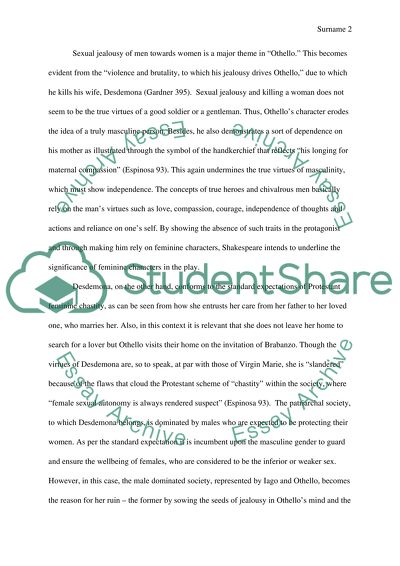Cite this document
(“Masculine and Feminine Nuances in the Play Othello By William Essay”, n.d.)
Masculine and Feminine Nuances in the Play Othello By William Essay. Retrieved from https://studentshare.org/literature/1450870-othello-by-shakespeare
Masculine and Feminine Nuances in the Play Othello By William Essay. Retrieved from https://studentshare.org/literature/1450870-othello-by-shakespeare
(Masculine and Feminine Nuances in the Play Othello By William Essay)
Masculine and Feminine Nuances in the Play Othello By William Essay. https://studentshare.org/literature/1450870-othello-by-shakespeare.
Masculine and Feminine Nuances in the Play Othello By William Essay. https://studentshare.org/literature/1450870-othello-by-shakespeare.
“Masculine and Feminine Nuances in the Play Othello By William Essay”, n.d. https://studentshare.org/literature/1450870-othello-by-shakespeare.


